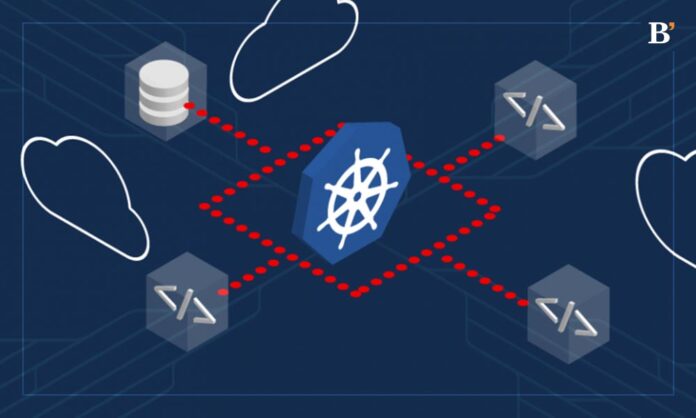Key Highlights
- Akamai Technologies, a cloud content delivery network, has announced plans to acquire Ondat, a container native storage (CNS) startup, before the end of March.
- This acquisition will make Ondat the sixth CNS startup to be acquired by a larger corporation in the past three years.
Legacy enterprise vendors or more generalist IT companies are acquiring CNS implementations to sell as consumer products or to implement the technology into existing offerings.
These acquisitions are based on the assumption that enterprise clients will continue to embrace Kubernetes or as a way to enhance existing company products that are unable to handle the more complex aspects of container storage. Nevertheless, these acquisitions raise questions about the future of the CNS technology of the acquired startups.
Benefits of The Acquisition
According to Steve McDowell, an analyst and founding partner at NAND Research, Akamai’s strategy of buying the IP to bolster the offering catalog may leave some Ondat customers in the lurch.
Ondat develops and sells CNS directly to customers. Akamai, on the other hand, is focused on connecting servers to caching content for internet access and some additional security services, such as distributed denial-of-service (DDoS) protection. Akamai disagreed to comment on the acquisition or its plans for Ondat, preferring to wait until the deal is completed.
What is CNS?
CNS is a type of software-defined storage that facilitates storage of stateful applications by clustering pools from disks available on each storage server, regardless of their location on the cloud or on-premises. It provides a faster and straightforward way for container applications to interact with than container storage interface (CSI) drivers, which a vendor usually develops.
In recent years, CNS has generated a great deal of interest among vendors and IT firms due to the growing use of Kubernetes containers in enterprise IT setups. However, CSI drivers, which lack the advanced features of CNS, often struggle in hybrid-cloud IT environments. Nonetheless, corporate customers still favor container storage solutions from their existing providers, despite the limitations of CSI.




